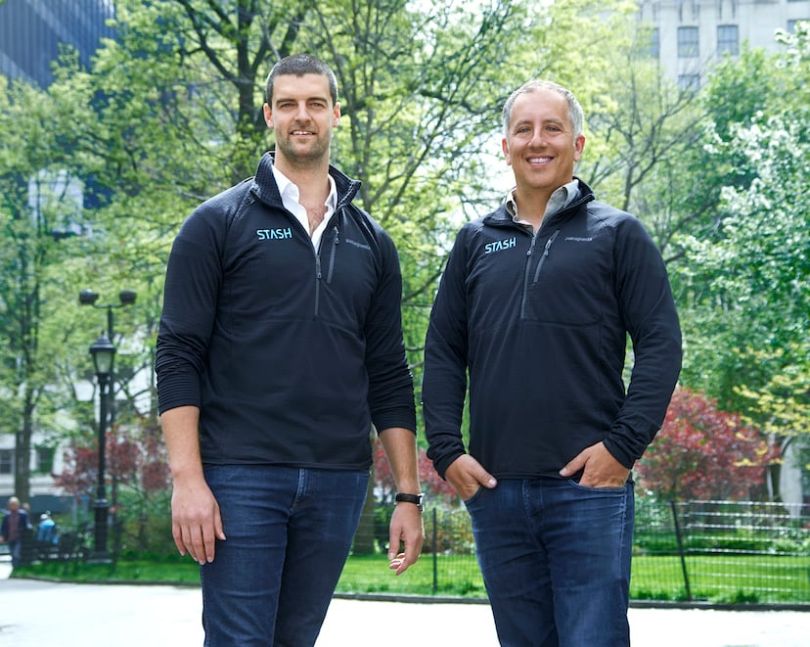
Which is more valuable to launching a successful business: technical prowess or business savvy? While many would argue that these skills are equally necessary when founding a startup, it’s a challenge for one person to be an expert at both. That’s why some entrepreneurs are choosing to partner up and launch a company together. We spoke with co-founders of local tech startups to learn how their decision to team up has played out.

Digital investment platform Stash may have 136 local employees and $116 million in funding now, but three years ago it was just an idea in a few business partners’ minds. Brandon Krieg and Edward Robinson noticed the public’s need for better financial education and decided to launch the company to help instill healthy financial habits. Krieg spoke with us about how leading as a group has contributed to the company’s success.
How do you know one another, and what made you decide to start a business together?
I met Ed when I joined Macquarie in 2013, where we teamed up to build a global trading business together. After just two years, we decided to leave to address what we saw as a massive opportunity to become the financial advisor for the 99 percent of Americans who have systematically been left behind by traditional financial incumbents.
How has it been beneficial for the company to have both of you as leaders?
Ed and I complement each other and bring a unique perspective and experience to each part of the business. We’re both action-oriented and strategic, which ensures that at least one of us is focused on these important areas at all times, while always balancing each other out.
What advice do you have to others considering co-founding a company?
As a cofounder, you are essentially committing to being in it for the long haul. Startups might seem glamorous, but they take a ton of work, long nights and stepping into all sorts of roles you might not have imagined yourself taking on. As your startup grows and evolves, so will your role, but in the early days you have to dig in and work hard on every aspect of the business.

Alex Vayl, Jonathan Sullivan and Kris Beevers launched traffic management technologies company NS1 in 2013. As former coworkers, the co-founders essentially created their own mini team, with representation across a number of different departments. Beevers explained how these differences help them smoothly and efficiently run the company.
How do you know one another, and what made you decide to start a business together?
Jon, Alex and I all worked together for quite a long time at another NYC-based internet infrastructure business, Voxel, which was acquired in 2011. We had talked for a long time about starting a company around internet traffic management and DNS based on lessons we'd learned in our previous business. Once the company was acquired, those discussions became more serious. We're a very eclectic set of founders: I'm an engineer, Jon has a deep techops and customer-facing background, and Alex was a GM and marketer at Voxel — so it was a great founding trio.
How has it been beneficial for the company to have all three of you as leaders?
The three of us all have complementary skill sets so early in our lifecycle, we were able to get a quick start covering a lot of the basic functions of an operating business with the founding team. As we have scaled, having three founders steeped in the core culture has been a big factor in enabling us to grow as quickly as we have without losing sight of the things we care most about: our customers, our team and our technology. We're all able to represent the vision and values of the company both internally and in the market.
What advice do you have to others considering co-founding a company?
Get it all out on the table. Before you dive in headfirst with your co-founders, have transparent and honest discussions about what you're aiming for personally and professionally, how you'll divide and conquer across all the responsibilities that come with running a company, and about anything else that could possibly ever become a point of friction. This is something we did very effectively with NS1 — I had learned tough lessons from previous co-founding experiences that helped us get it right here. While some of those early transparent conversations can be tough to have, it's only going to get tougher from there on, so if you can't have those discussions at the onset, don't go into business together.




